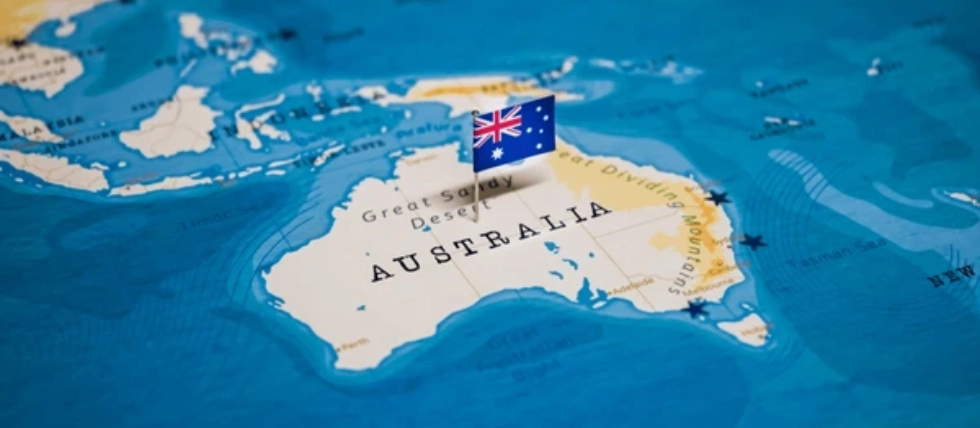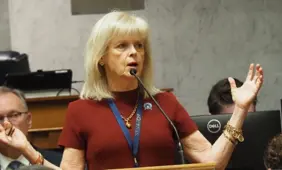Offshore Gambling Operators Target Australians on Self‑Exclusion Lists
Australian gamblers who have signed up to the national self‑exclusion register are being actively targeted by offshore betting firms via third‑party affiliate websites.

People enrolled on BetStop – the federal register intended to bar users from wagering with licensed Australian online and phone operators – have reported being directed to overseas bookmakers through review sites and recommendation pages. Those third‑party platforms often carry localised branding or URLs that reference Australian cities, and they typically earn commissions when readers follow referral links and place bets with offshore operators, many of which are based in Curaçao in the Dutch Caribbean.
BetStop currently holds around 45,000 registrations and prevents access to Australia‑licensed operators, but it does not extend to providers that accept Australian customers from abroad. Where domestic operators are blocked, affiliates can channel consumers to unregulated alternatives, effectively circumventing the protections that self‑exclusion is meant to deliver. To be removed from BetStop before the end of a chosen exclusion period, applicants must lodge a statutory declaration confirming they have undergone counselling with a qualified professional.
Investigations into the activity show that some affiliate sites explicitly target people who may be vulnerable to relapse, with content framed to entice those considering returning to play. Many of these pages disclose commercial relationships with the bookmakers they promote, and some publish affiliate or commission statements acknowledging payment for conversions.
Related: ACMA Finds Four Betting Operators Guilty of BetStop Breaches
More Regulation
Push for Tighter Oversight and Penalties
The Australian Communications and Media Authority (ACMA) has described the tactic as “deeply concerning and opportunistic”, warning that it undermines the purpose of the national self‑exclusion scheme. An ACMA spokesperson said: "This practice deliberately targets people who have taken formal steps to protect themselves. We regard it as an abuse of digital marketing channels and are examining enforcement options to disrupt these referral pathways and protect vulnerable Australians".
Academic and advocacy voices have urged a swift policy response. Professor Nerilee Hing of CQUniversity, who has studied affiliate marketing in gambling extensively, said: "Targeting people on self‑exclusion lists is a textbook example of predatory affiliate marketing. It exploits the very people the system is designed to protect. Current regulatory frameworks struggle to police affiliates that operate offshore or through opaque commission structures; closing that gap should be a priority for regulators and industry alike."
Martin Thomas, chief executive of the Alliance for Gambling Reform, called the behaviour a deliberate attempt to weaken BetStop’s impact. "This is gravely concerning and should be treated with the seriousness of a public‑health issue", he said. "If offshore operators and their affiliates can steer people back into harm, then the government’s reforms are being undermined in real time."
Kai Cantwell, chief executive of Responsible Wagering Australia, representing several major licensed bookmakers, argued for expanded powers for regulators and banks: "ACMA should be empowered to block offending websites, sever their payment channels and compel advertising platforms and payment providers to cut financial and logistical support to these networks. Without such tools, offshore operators will continue to funnel vulnerable people back into harm."
Industry stakeholders say solutions could include targeted takedowns, stronger advertising standards, blocking of payment routes used by offshore operators and international cooperation to pursue operators and affiliates housed overseas. Consumer advocates add that improved monitoring of affiliate networks and clearer responsibilities for digital intermediaries would reduce the ability of overseas firms to exploit Australian consumers.
As pressure grows on regulators and industry bodies, the debate is shifting from identifying the problem to outlining practical levers that can be used to protect people on self‑exclusion lists and to hold affiliate networks to account.
Evidence and Enforcement
Authorities and researchers say they are collating examples of offending sites and intend to brief government ministers and financial regulators. Any effective response is likely to require coordinated action across communications regulators, banking and payments supervisors, and international partners where offshore license jurisdictions are involved.
RELATED TOPICS: Regulation
Most Read
Must Read
 Interviews
Interviews
Exclusive Interview: Levon Nikoghosyan Shares AffPapa Winning Formula for Successful iGaming Events
Dec 03, 2025 Interviews
Interviews






Review this New Post
Leave a Comment
User Comments
Comments for Offshore Gambling Operators Target Australians on Self‑Exclusion Lists